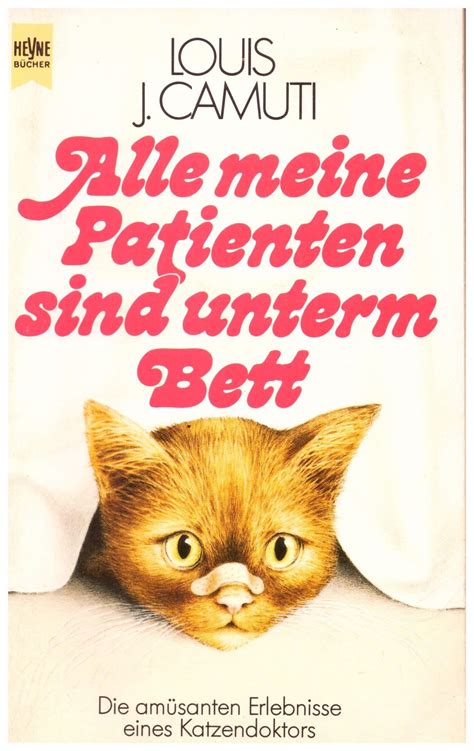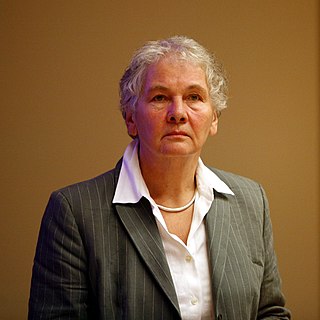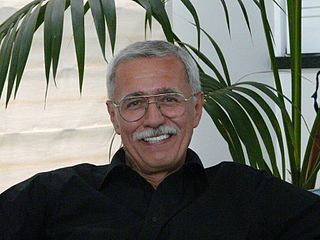A Quote by Gary Yourofsky
It's not about loving animals. It's about fighting injustice. My whole goal is for humans to have as little contact as possible with animals.
Related Quotes
When humans act like animals, they become the most dangerous of animals to themselves and other humans, and this is because of another critical difference between humans and animals: Whereas animals are usually restrained by the limits of physical appetites, humans have mental appetites that can be far more gross and capacious than physical ones. Only humans squander and hoard, murder and pillage because of notions.
Humans — who enslave, castrate, experiment on, and fillet other animals — have had an understandable penchant for pretending animals do not feel pain. A sharp distinction between humans and 'animals' is essential if we are to bend them to our will, make them work for us, wear them, eat them — without any disquieting tinges of guilt or regret. It is unseemly of us, who often behave so unfeelingly toward other animals, to contend that only humans can suffer. The behavior of other animals renders such pretensions specious. They are just too much like us.
I don't hold animals superior or even equal to humans. The whole case for behaving decently to animals rests on the fact that we are the superior species. We are the species uniquely capable of imagination, rationality, and moral choice - and that is precisely why we are under an obligation to recognize and respect the rights of animals.
I wish people were more like animals. Animals don't try to change you or make you fit in. They just enjoy the pleasure of your company. Animals aren't conditional about friendships. Animals like you just the way you are. They listen to your problems, they comfort you when you're sad, and all they ask in return is a little kindness.
Our economic order is tightly woven around the exploitation of animals, and while it may seem easy to dismiss concern about animals as the soft-headed mental masturbation of people who really don't understand oppression and the depths of actual human misery, I hope to get you to think differently about suffering and pain, to convince you that animals matter, and to argue that anyone serious about ending domination and hierarchy needs to think critically about bringing animals into consideration.
The word "veganism" denotes a philosophy and way of living which seeks to exclude - as far as is possible and practical - all forms of exploitation of, and cruelty to, animals for food, clothing or any other purpose; and by extension, promotes the development and use of animal-free alternatives for the benefit of humans, animals and the environment. In dietary terms it denotes the practice of dispensing with all products derived wholly or partly from animals.
Swine flu is not an anomaly. We know that swine flu - like the vast majority of new outbreaks - comes from animals. We should be monitoring those animals and the humans that come into contact with them, so we can catch these viruses early, before they infect major cities and spread throughout the world.

































